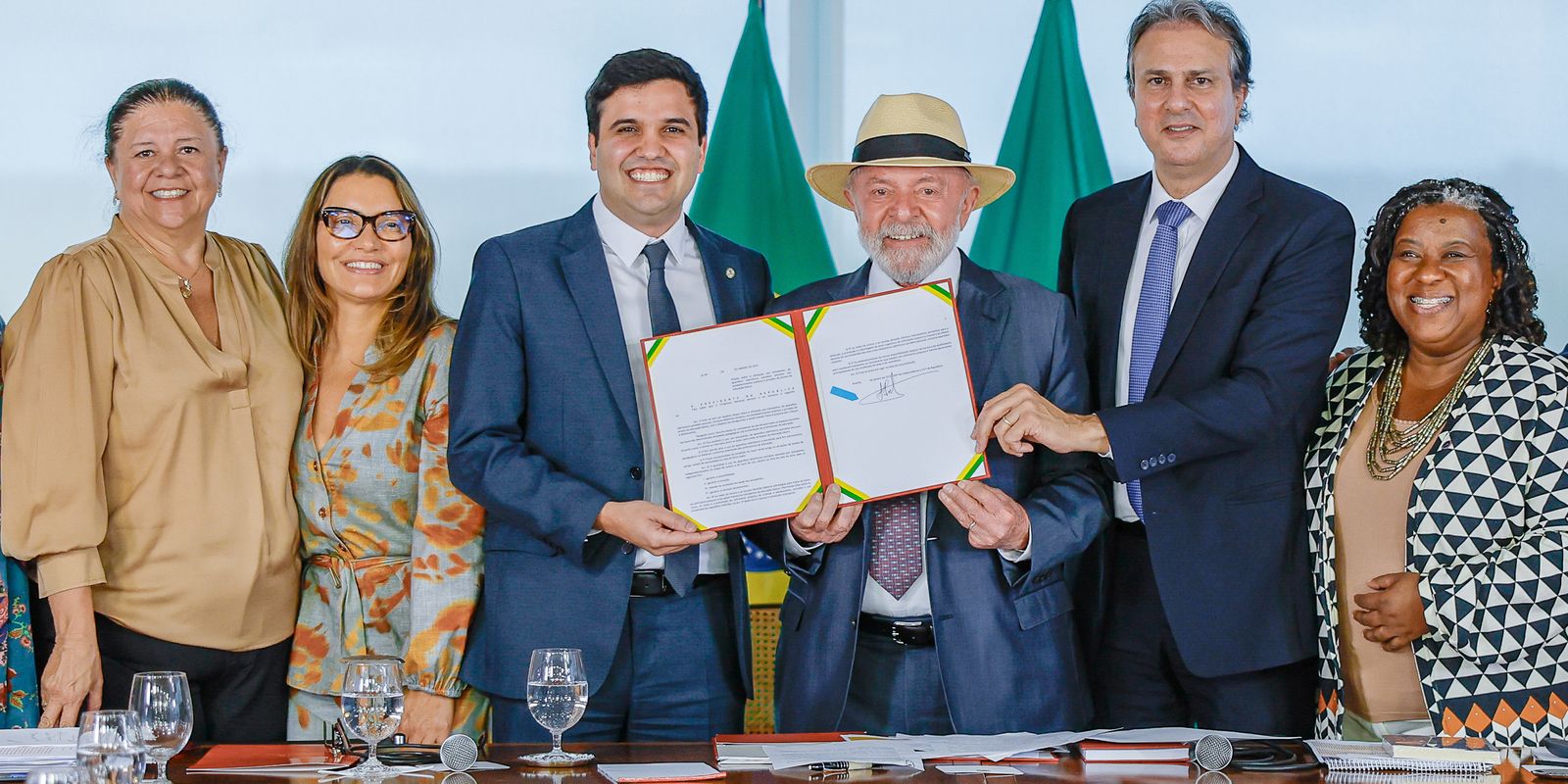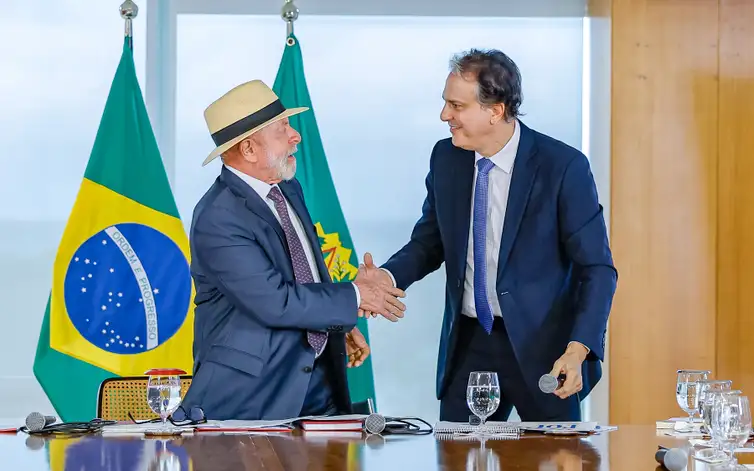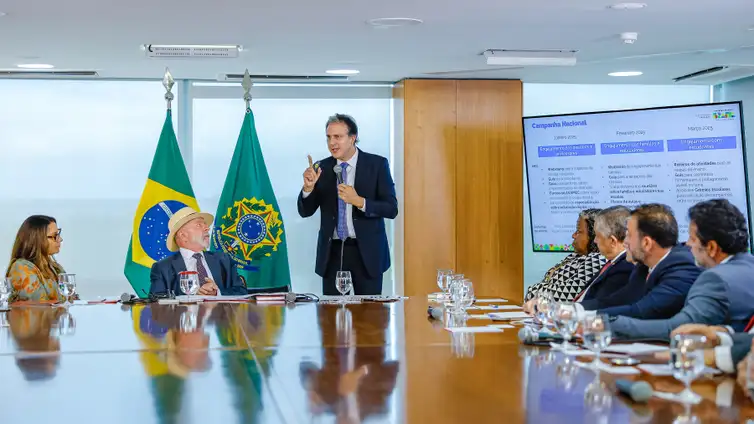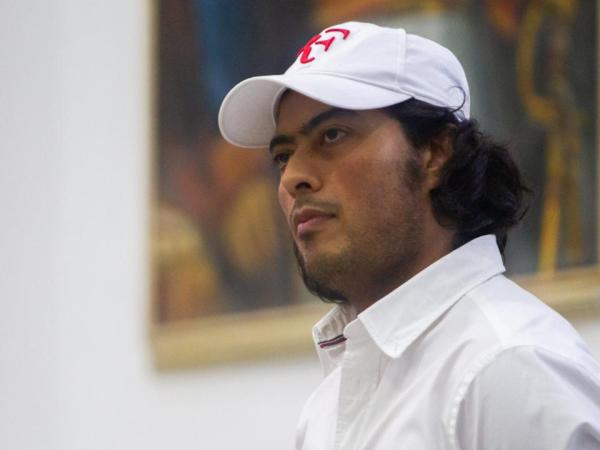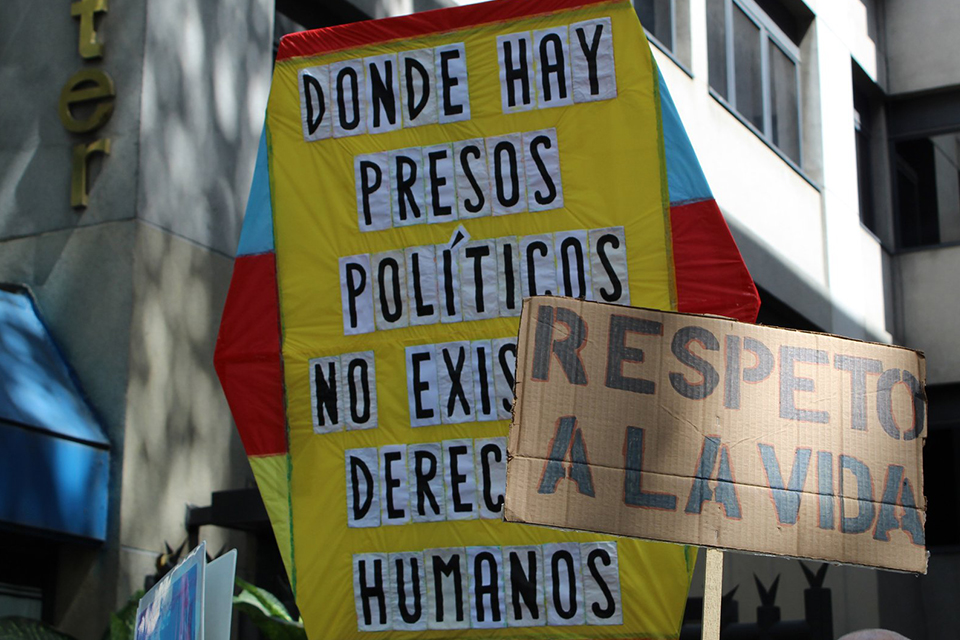President Luiz Inácio Lula da Silva sanctioned this Monday (13) Bill 104/2015, which restricts the use of portable electronic devices, especially cell phones, in the classrooms of public and private basic education schools throughout the country. A decree from the president, which will be issued within 30 days, will regulate the new legislation, so that it comes into effect at the beginning of the school year, in February. The bill was approved at the end of the year passed by the National Congress. 
“This sanction here means recognition of the work of all the serious people who take care of education, of all the people who want to take care of the children and adolescents of this country”, stated the president, who made a point of praising the work of the parliamentarians who approved the measure.
“Imagine a teacher teaching and, when she looks at the students, each one is looking at their cell phone, one is in China, another is in Sweden, another is in Japan, another is in another state talking to people who have nothing to do with the class she is receiving. We need to return to allowing humanism not to be exchanged for an algorithm”, emphasized Lula when commenting on the new law.
Countries such as France, Spain, Greece, Denmark, Italy and the Netherlands have already adopted legislation that restricts the use of cell phones in schools. Supported by federal government and expertsthe project reached a broad consensus in the Legislature, uniting government and opposition supporters.
“It is not possible for a student to be in the classroom, on Tiktok, on the social network, when the teacher is teaching. Every time a student receives a notification, it is as if he leaves the classroom. Every time he receives a notification when he is in a conversation circle, it is as if we lost his attention”, said the municipal secretary of Education of Rio de Janeiro, Renan Ferreirinha, who is a licensed federal deputy and author of the project in the Chamber. He classified the project as one of the main victories of the century in Brazilian education.
What the law says
According to the Minister of Education, Camilo Santana, the law restricts use in the classroom and during breaks, for personal purposes, but there are exceptions, such as use for pedagogical purposes, under the supervision of teachers, or in cases of people who require support from the device for technological accessibility or for some health need.
“We are not against access to technologies, especially because there is no return in today’s world. But we want this technology, this tool, to be used appropriately and, mainly, in the areas [etárias] important aspects of the lives of children and adolescents”, said the minister, who warned about the increasingly early and prolonged use of cell phones by children.
“We are taking action at school, but it is important to make parents aware of limiting and controlling the use of these devices outside the classroom, outside the school”, added Camilo Santana.
The minister asked for the engagement of families and school communities to enforce the new law.
The national secretary for the Rights of Children and Adolescents, Maria do Pilar Lacerda Almeida e Silva, who coordinates the Basic Education Chamber of the National Education Council (CNE), stated that the collegiate will publish guidance for public and private networks. “The National Education Council will make a resolution that guides the networks, the schools, on how to do this without seeming like oppression,” he said. The MEC must also publish guides with guidance for schools across the country.
